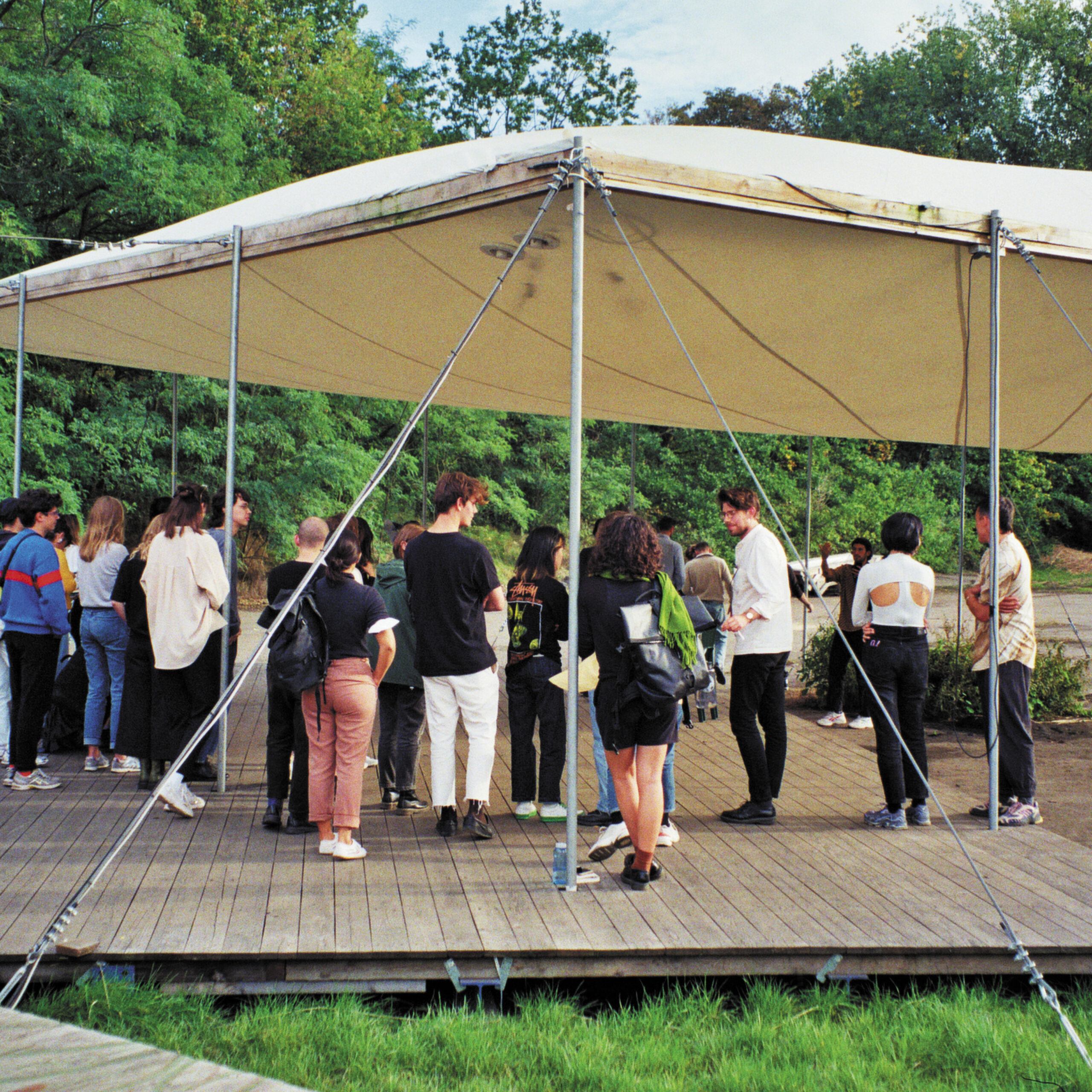Raising Water-Wareness – (Re)Commoning the Urban Aquatic
On 14th February 2019, citizens in the canton of Zurich voted 54.6% against the privatisation of its water management. Although a victory for direct democracy, this slight majority demonstrates the increasing threat that is posed to water access in the city, and its undeniable role within the immediate future of the Anthropocene. How can we address the inequalities to the global distribution of commons, and more specifically water?
Zurich, London and Berlin are three cities with very specific relationships to their waterways. The aim of this proposal is to start from these three cities as our personal backgrounds, to understand the access to water as a common good within other urban contexts. Utilising a collaborative methodology that focuses on process rather than product, we propose to investigate water use through three lenses: Infrastructure, Energy and Climate, and the Social-Spatial.
How can we overcome the binaries between designers, facilitators and users? In what ways can we sensitise urban environments for new ways of commoning water?
People
Bene Wahlbrink, is an architect based in Switzerland and Germany. He studied at Munster School of Architecture, Accademia di Architettura in Mendrisio and ETH Zürich and was trained as an architect and researcher at HHF Architects, Herzog & de Meuron and OMA. Currently he is active in art and architecture education and was elected to the advisory board of the art association Westfälischer Kunstverein in 2015.
Eugenio Cappuccio, studied Architecture at The Glasgow School of Art and Accademia di Architettura in Mendrisio. He has worked for Rahbaran Hürzeler in Basel and for Piercy & Company in London, and is currently working for Witherford Watson Mann Architects in London. He has been a guest critic at the Glasgow School of Art.
Julius Grambow, studied Architecture, Regional Studies in Asia/Africa and Urban Design at the Technical University of Munich, Accademia di Architettura Mendrisio, Humboldt-Universität zu Berlin and Technical University of Berlin. He has worked for ARCH+ and teleinternetcafe in Munich and Berlin, amongst others. Currently, he is part of the DFG/AHRC-funded research project Architecture after Architecture: Spatial Practice in the Face of Climate Emergency between London, Braunschweig and Berlin.
